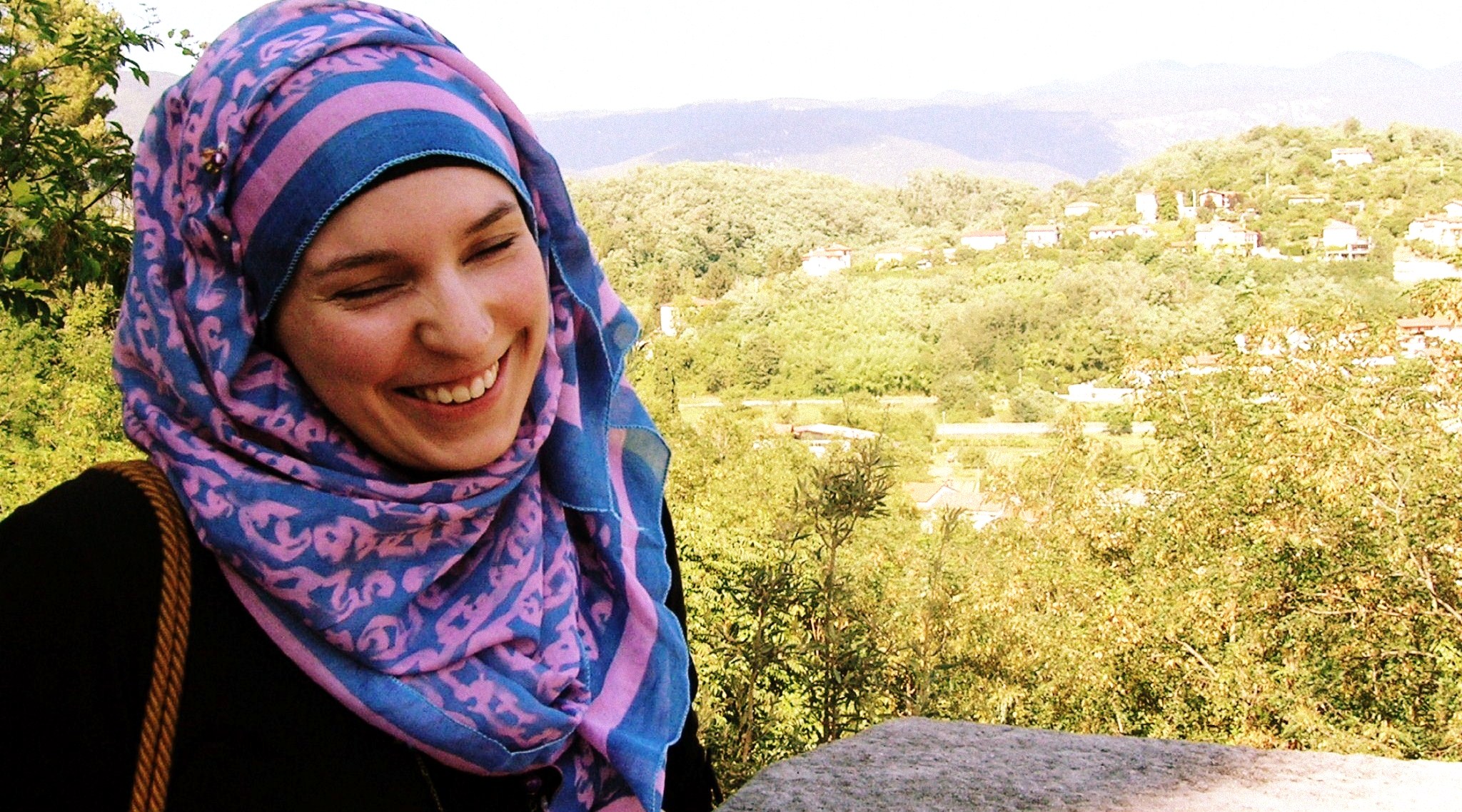I’ve been uncomfortably straddling the Alps for some time now.
This see-saw sensation is common amongst those who live in a foreign country. Love and vocation brought me to Italy five years ago, but family and culture keep me closely tethered to the UK.
Sometimes, there’s equilibrium. I stroll through formerly unknown streets where the muddled muzak of a foreign tongue has steadily becomethe main means of perception and expression in my daily life. People cheerily wave at me from across the street. Even street vendors know my name and life story. From the outside it seems like I’ve achieved what I set out to achieve: I’ve become a local.
But, suddenly, a shadow of a thought flits through my mind. The image of a loved one reflected in the face of a stranger. An evocative scent that sets my nostrils flaring in a remembrance of home…Voom! I’m engulfed by sadness. That ache in the pit of my stomach that no conventional medicine can cure.
Sometimes it passes as quickly as it came, placated by a Skype call, a tweet, or a well-timed distraction. Other times it lingers in the periphery of my consciousness: disrupting my waking thoughts and invading my dreams. When the see-saw comes crashing down, you know it’s time to go home.
But what is “home” for someone living abroad? Part of me thinks, home is where my husband is, the Italian city where I live and work for 11 months of the year. But, the inner workings of the heart and mind don’t allow for such neat conclusions.
In conversation, I thoroughly confuse my husband, for whom English is a second language, with my interchangeable use of ‘here’ and ‘there’ to refer to the UK. Although Britain is part of me and my ‘here’, it’s also distinctly apart from me, a distant ‘there’ across the English Channel.
I’ve become a human embassy; a piece of Britain by proxy.
Yet, whether I’m boarding a plane to Italy or the UK, I instinctively call each place “home”. In that case, perhaps “home” would best be described as a space from which I am always absent and constantly trying to get back to.
This all sounds rather depressing though, doesn’t it? Who wants to live constantly desiring, needing to be somewhere else? The see-saw is neither desirable nor maintainable. After all, even when a see-saw is in equilibrium, you’re left with your feet dangling, never truly belonging to either place.
Living abroad requires a different way of thinking. Money, time, and sheer practicality mean that we’re not always able to go back when we feel the palpable pull towards home.
And so, whether intentionally or unconsciously, I started creating coping mechanisms to deal with the ache of longing.
I often feel the need to extract myself from the ‘foreignness’, even just for a moment, and bask in familiarity: from obsessive-compulsive viewing of Britain’s soap operas to indulging in milky tea, on the hour, every hour.
It’s the seemingly banal that I miss the most: The signature perfume of a relative, the clinking-clatter of food being prepared in the kitchen, and the timeless maternal call of “dinner’s ready!”
But is embracing nostalgia just a foolhardy denial of the reality we inhabit?
Perhaps not, according to a recent piece by Rachel Pieh Jones called Saudade: A Song for the Modern Soul where she reflected on home and belonging as encapsulated by the term Saudade. This Portuguese term describes the emotion of reflecting on a distant home, “not with an active discontent or poignant sadness” but rather with “an indolent dreaming wistfulness”.
A healthy outlook on “home” is inextricably linked to our imagination; part reality, part nostalgic whimsy.
But it’s not only expatriates who bury themselves in the cozy warmth of nostalgia. We all lean towards a home that no longer exists, left behind in another place and time. And if we try to return, we find ourselves trapped on the see-saw of unbelonging, divided between spaces.
Instead, imagine a pair of compasses, hinged together at the top. One part moves away in ever-increasing circles. The further it roams, the more the two parts lean towards each other.
The further away we stray and the longer we’re apart from the people we love, the more we cherish the moments of togetherness. We live in anticipation, in hope, of that reunion and until that time, we lovingly cradle them in our imagination.
—
Sarah Ager is an English teacher and expat writer living in Italy. She describes herself as an ‘Anglo-Muslim hybrid’ having converted to Islam in 2011. She writes about interfaith dialogue, religion, and culture and runs @InterfaithRam, an interfaith intiative bringing together writers and contributors from different faiths, countries, and backgrounds during the month of Ramadan. You can find her at @saritaagerman or read her blog at saritaagerman.blogspot.it












